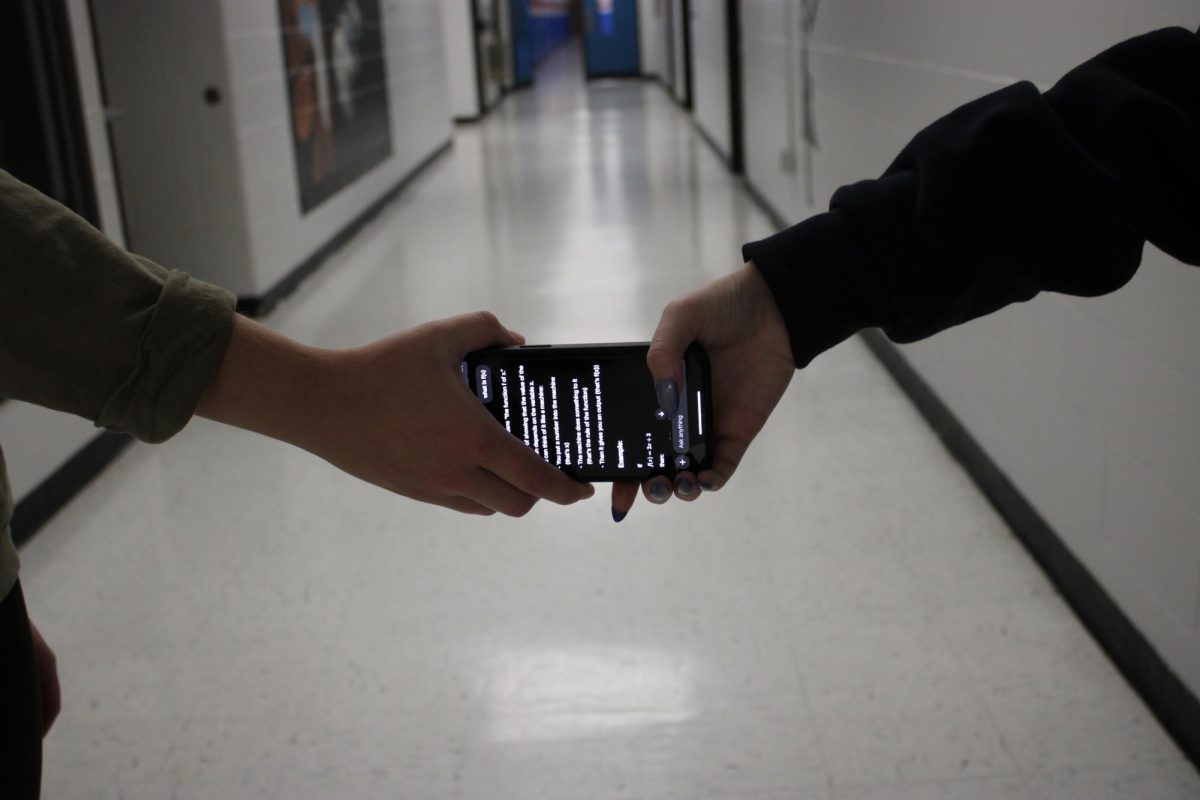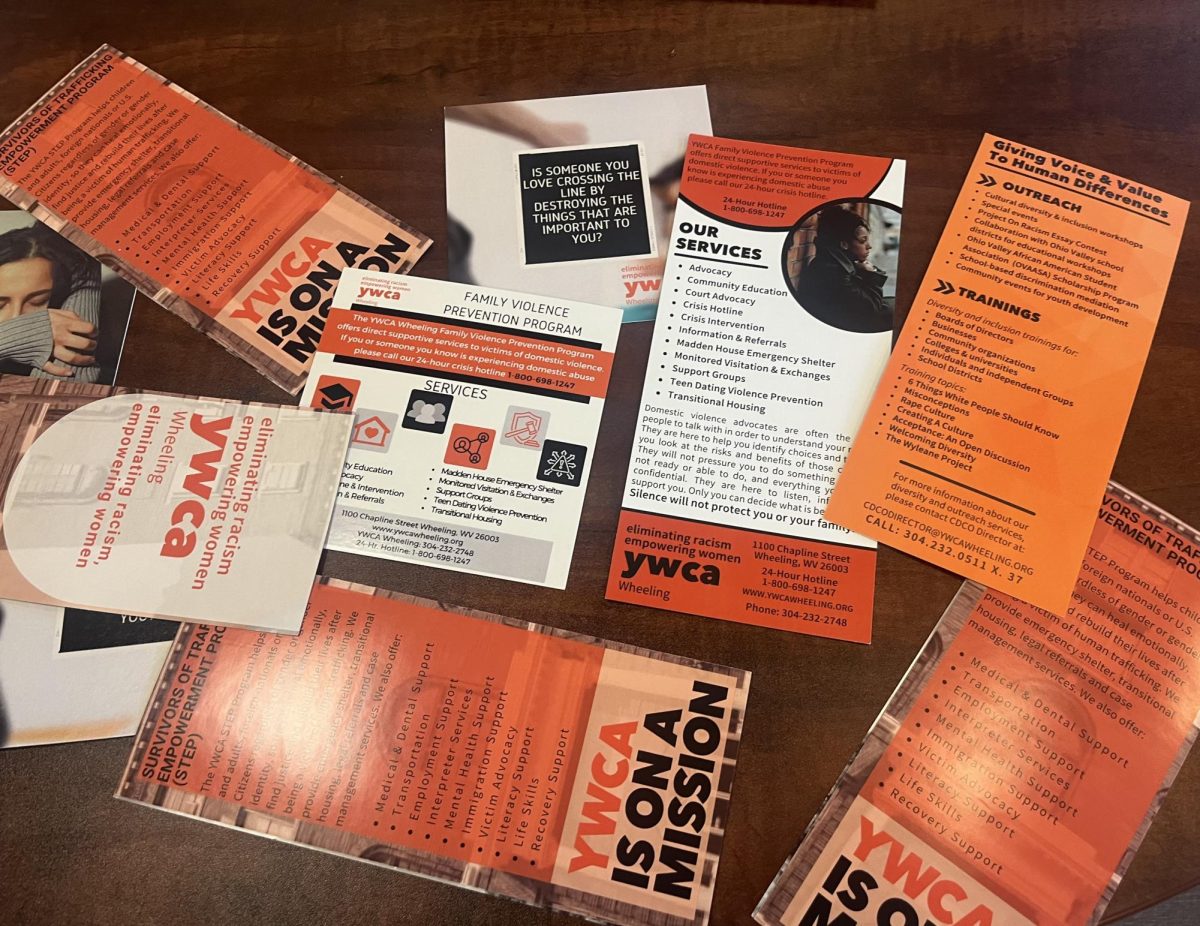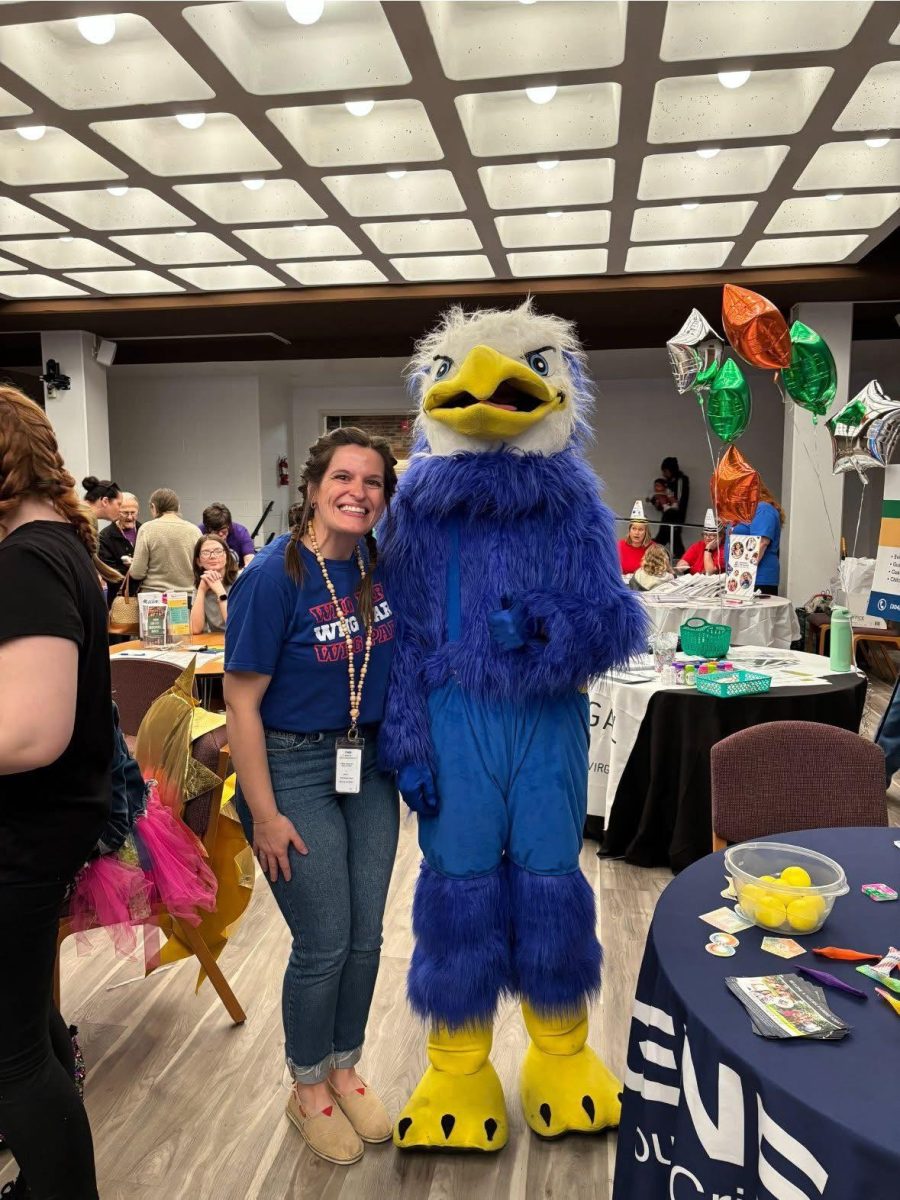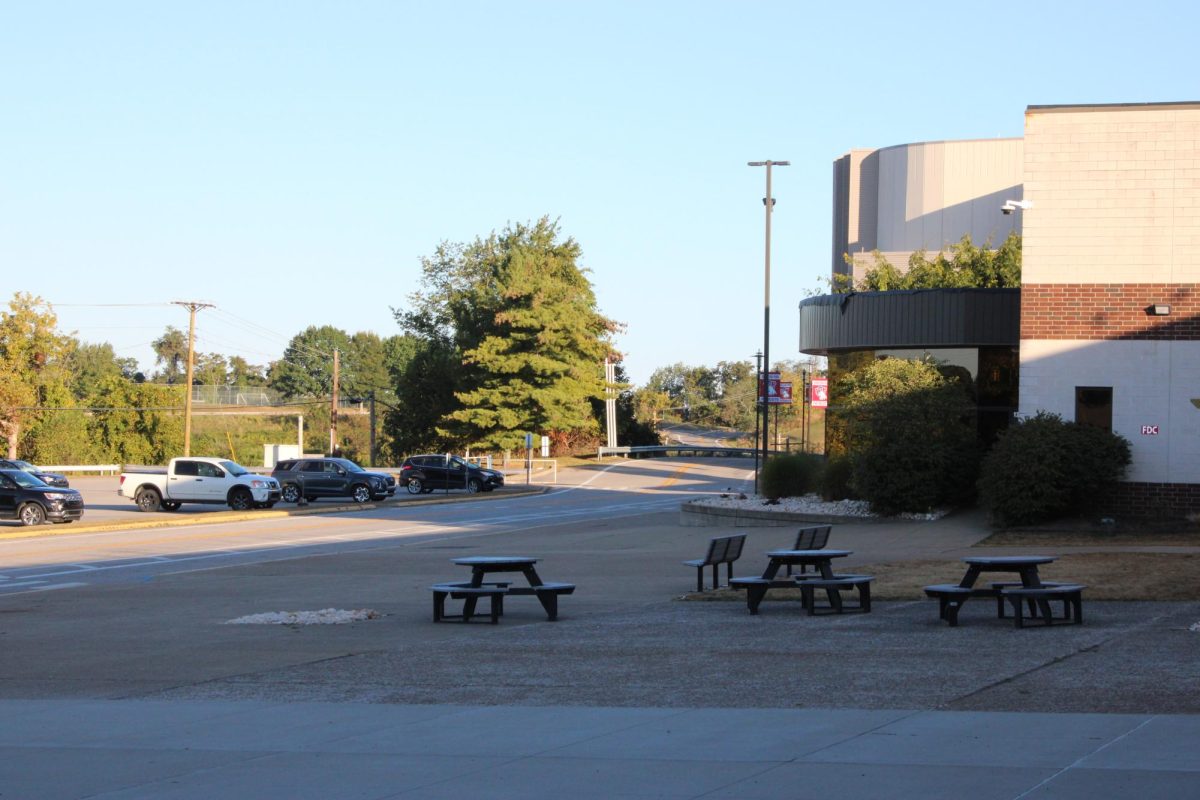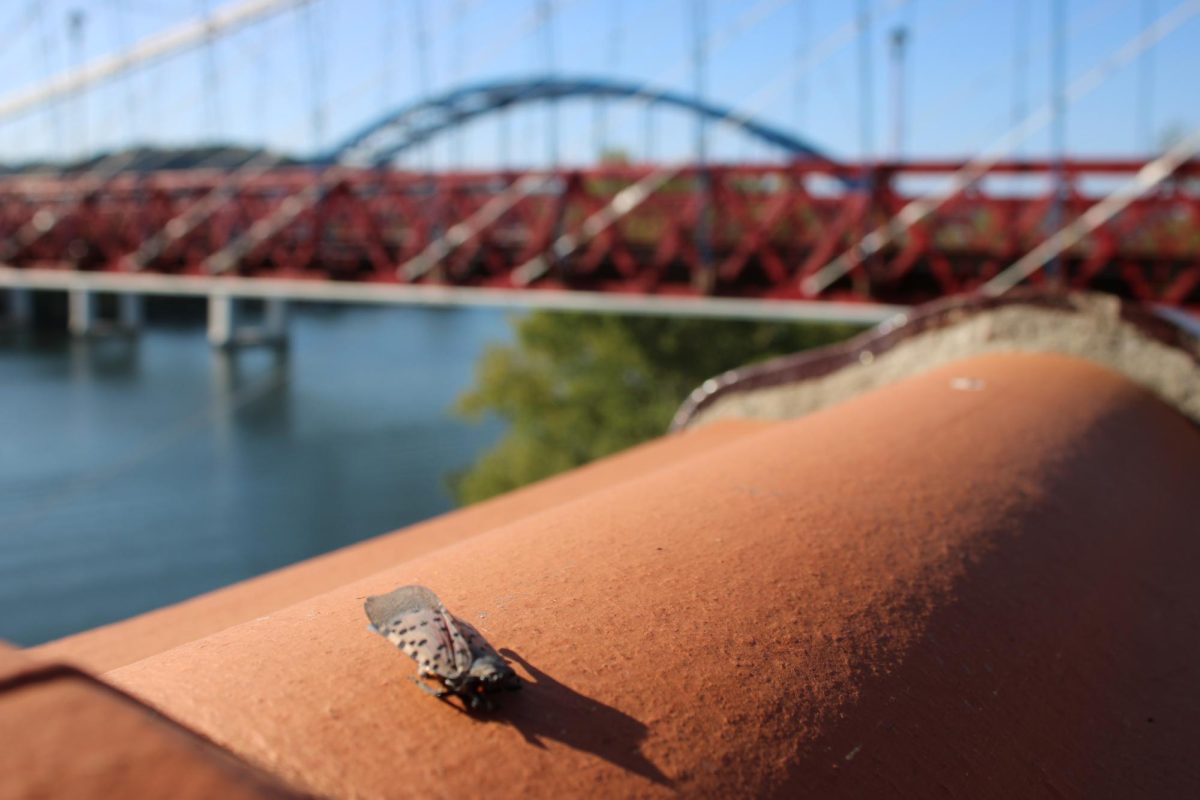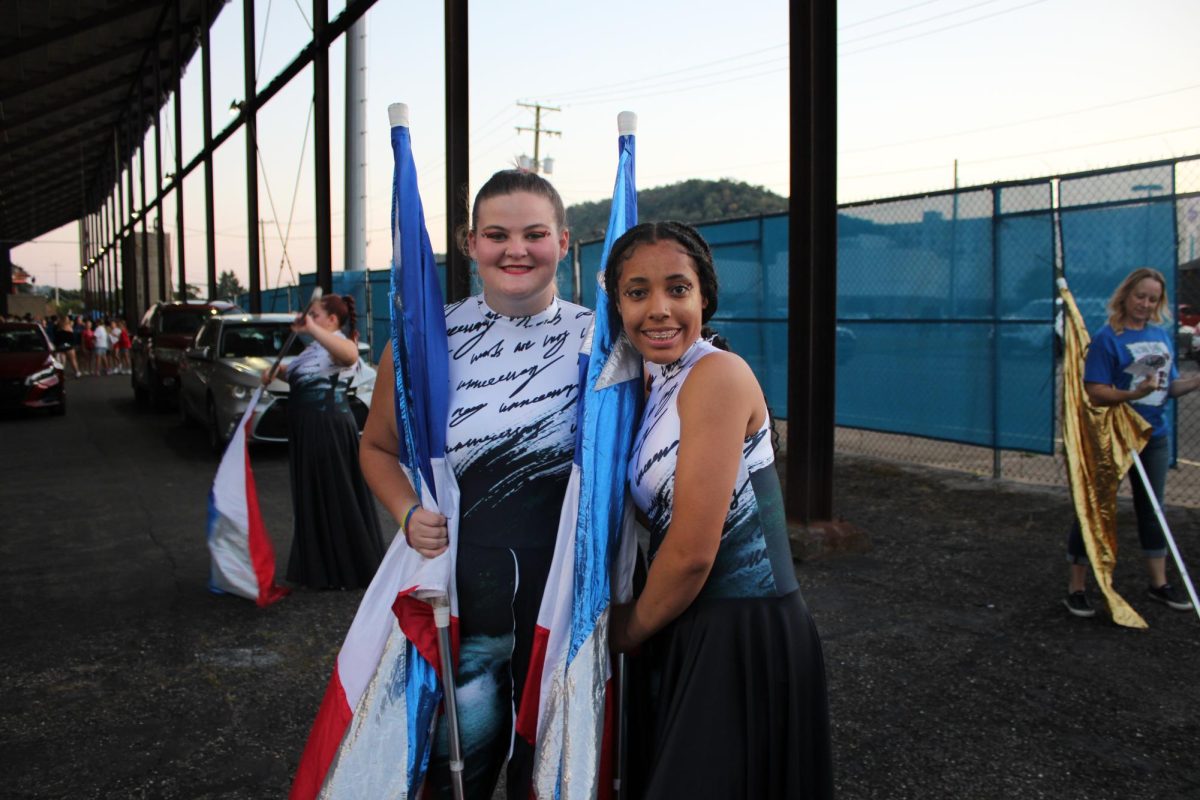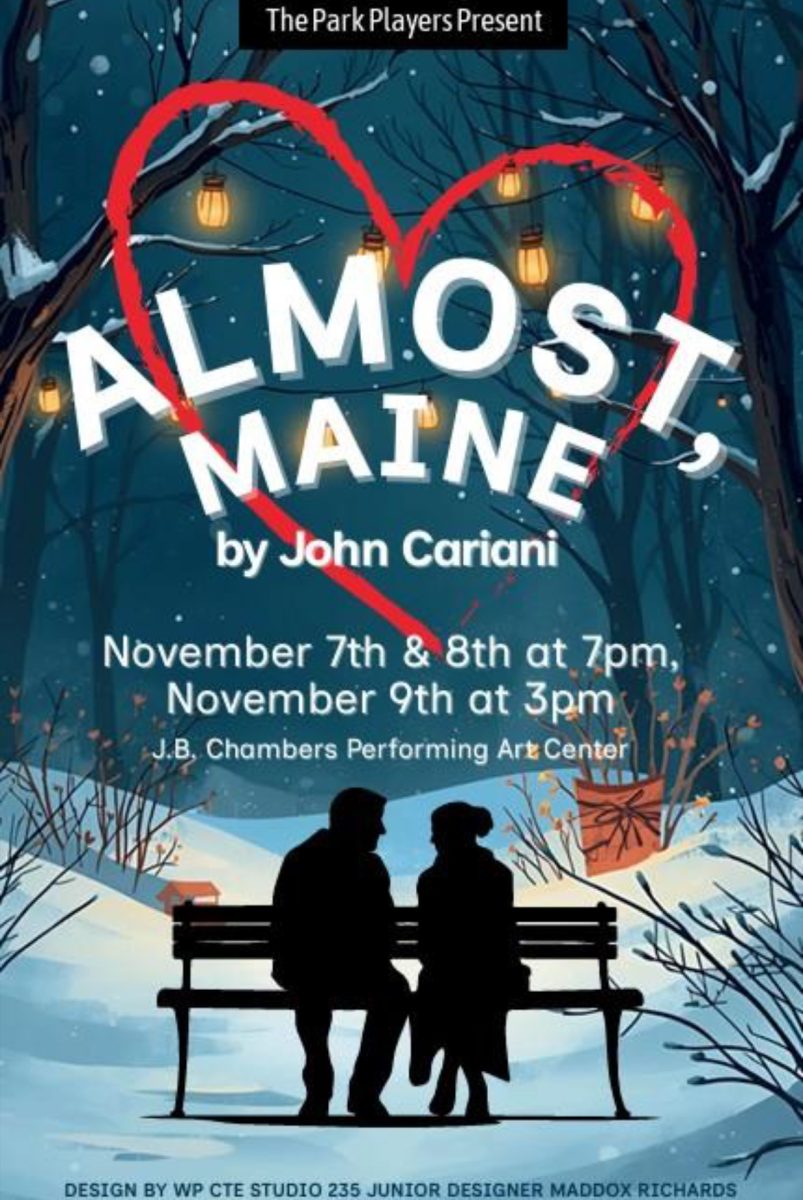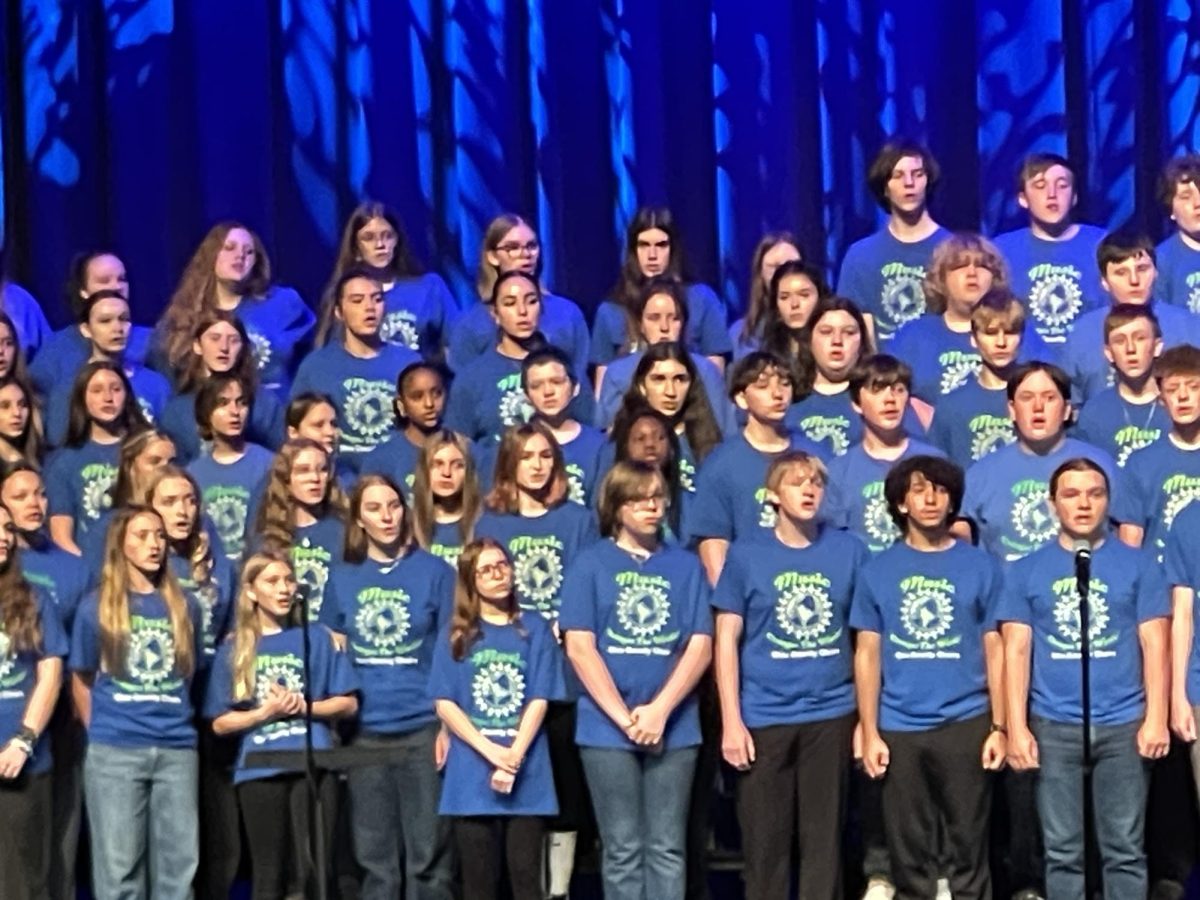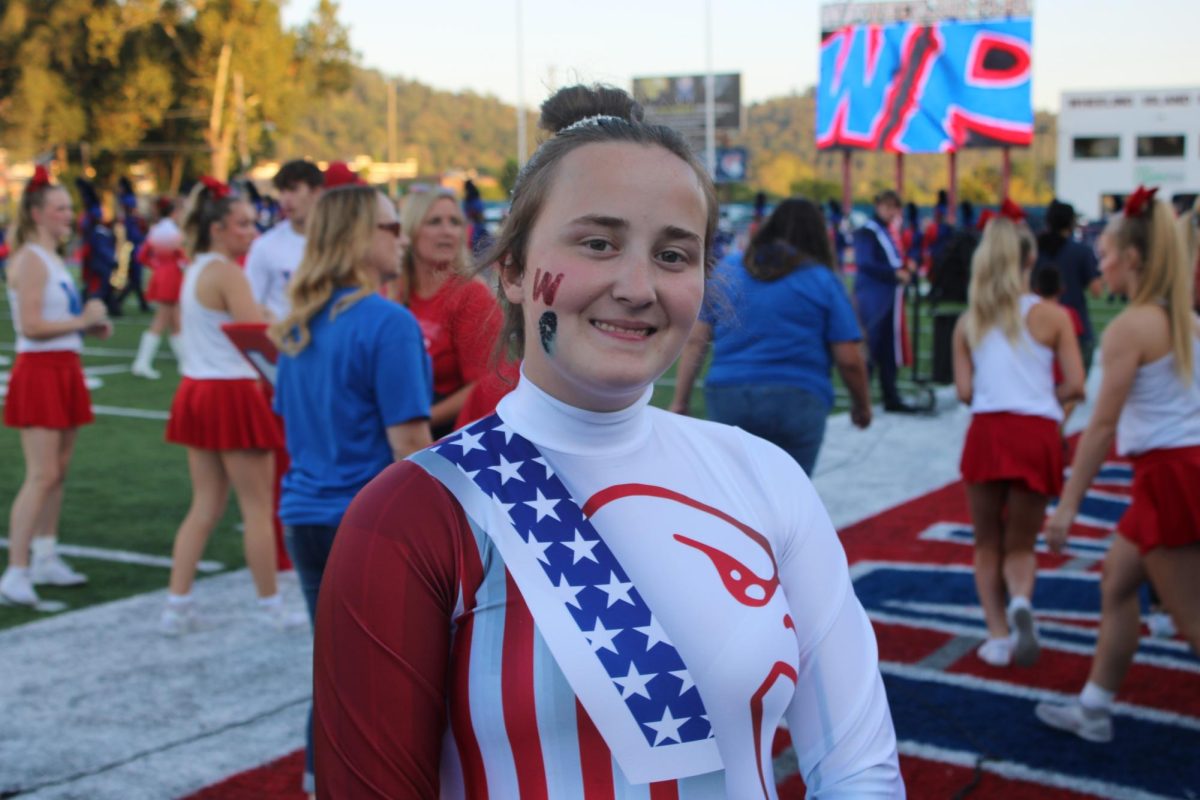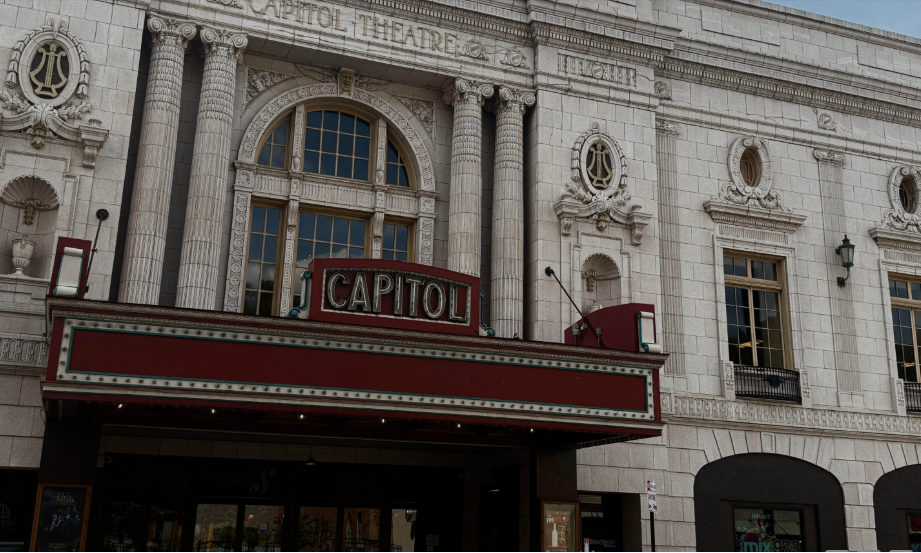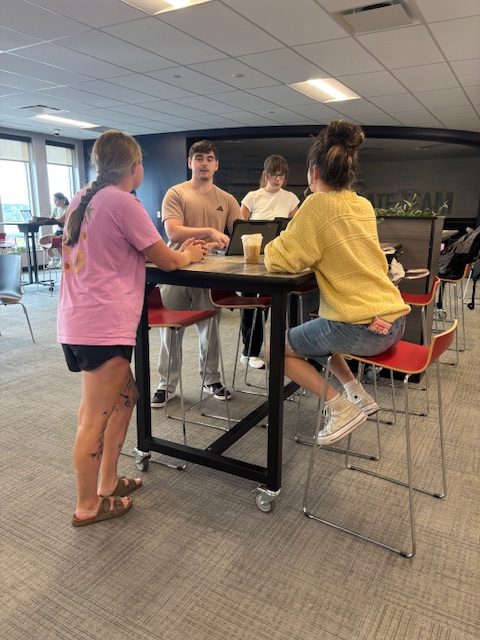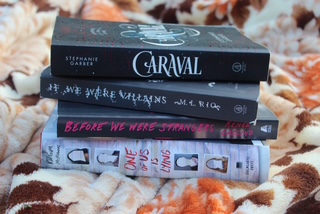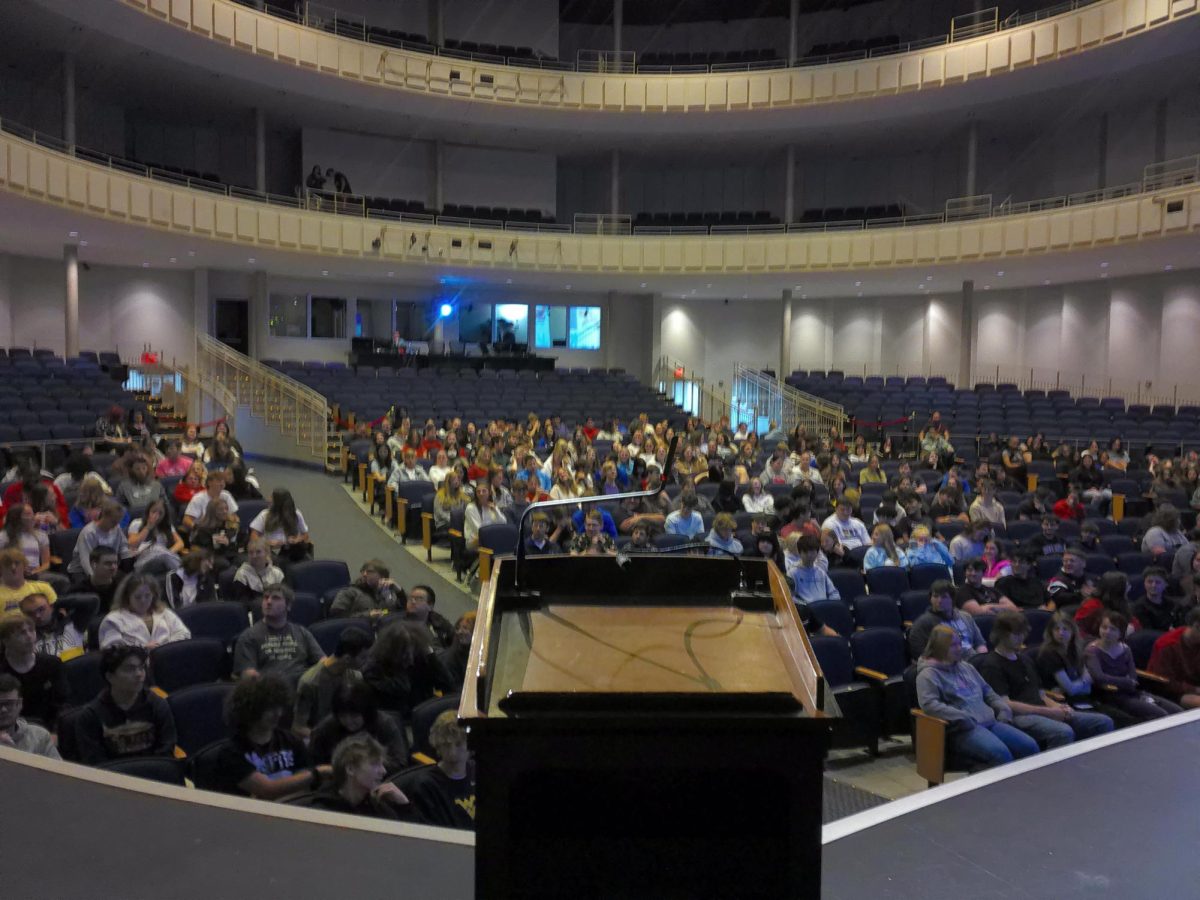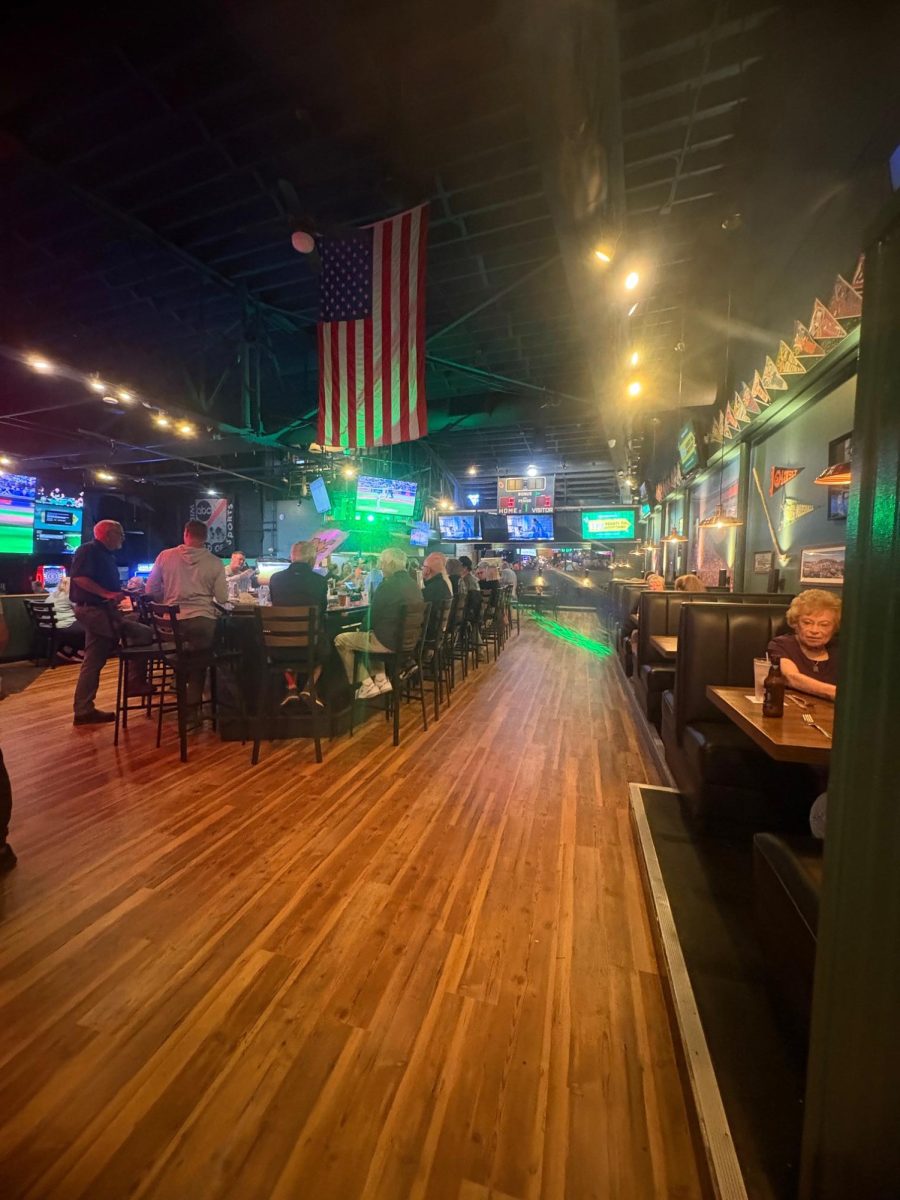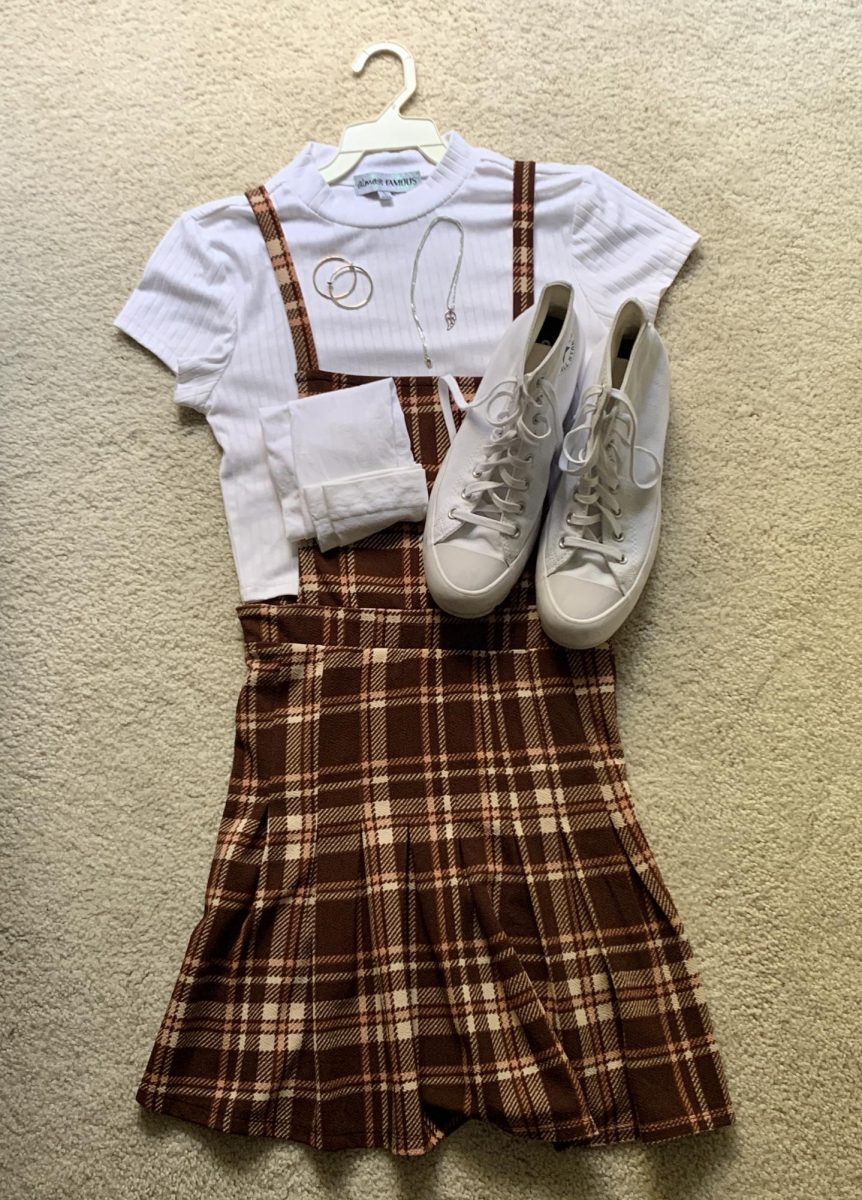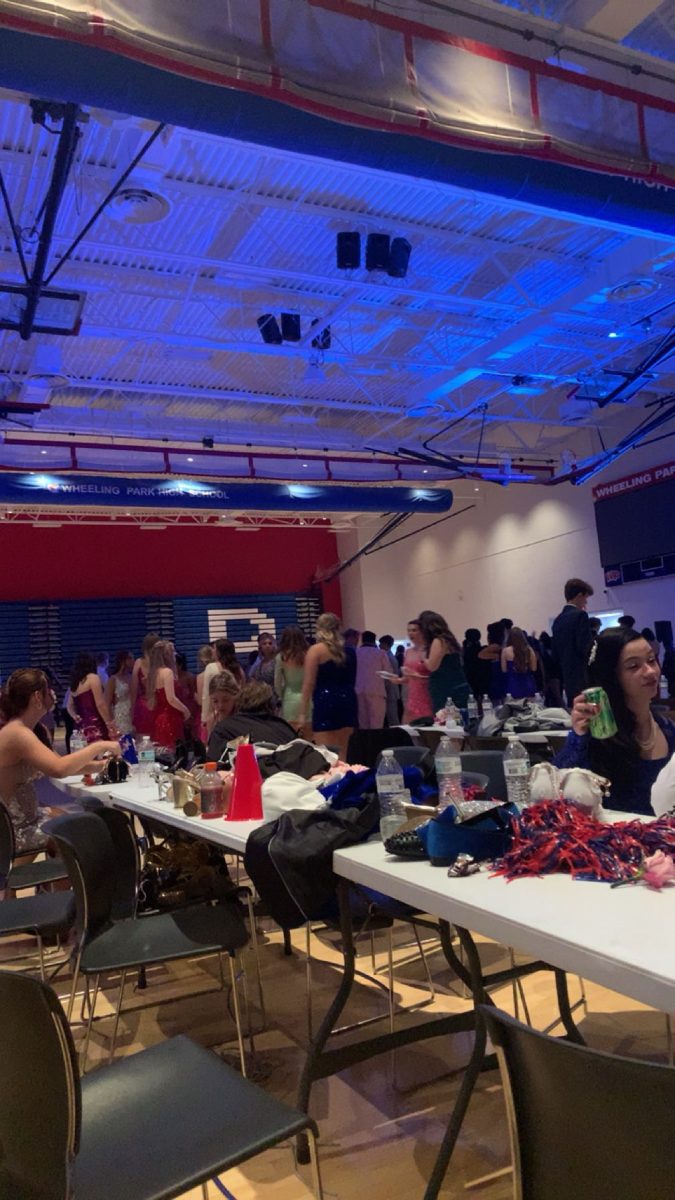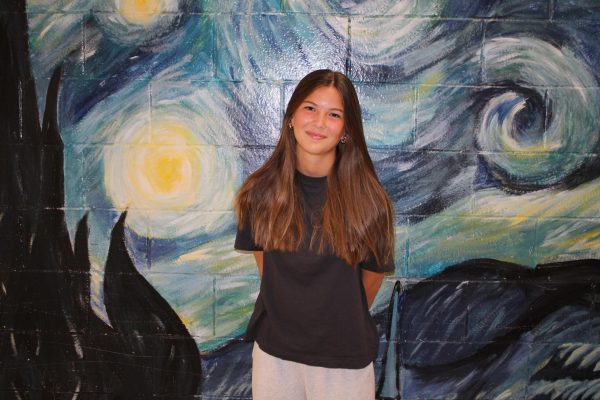According to the CDC, one in eight women will be diagnosed with invasive breast cancer in their lifetime, and 91% of those women will go into remission within the first five years of their diagnosis. However, numbers alone do not tell the full story.
Cancer can best be understood through the stories of people around us who lived through it, both through their fear and their unrelenting strength. Behind every statistic is a woman who persevered and went on to rebuild her life. Two of those women are Park’s very own Mrs. Dillon and Mrs. Farrow.
For Mrs. Dillon, the initial diagnosis came as a complete shock: “Seventeen years ago in November, I was having my annual check-up with my gynecologist,” said Mrs. Dillon, “He told me that I had a very aggressive form of breast cancer, and he suggested I have a double mastectomy the very next day. Somehow, in my daze of tears and shock, I continued teaching until 2:30.”
Mrs. Dillon did not end up going through surgery, but instead underwent one round of radiation and six rounds of aggressive chemotherapy to combat the cancerous cells. “Nothing went smoothly,” said Mrs. Dillon, “It was rough. I wanted to quit…My doctor and nurse told me that I was lucky that I got to ‘get’ chemo, and I thought they were nuts. But I was lucky. My heart was strong enough to withstand the chemo, not everyone can handle it”.
Mrs. Dillon was declared cancer-free seventeen years ago, and reflected on her experience with breast cancer as one of her great hardships, but not as a stop in her life, “Cancer is not the worst thing in this world, I used to think it was,” said Mrs. Dillon, “I grew up with my parents and their friends being afraid of the ‘Big C,’ as my dad called it… don’t get me wrong, I wouldn’t wish cancer on anyone, but there are worse things”.
Today, Mrs. Dillon says she’s grateful for the strength her experience with breast cancer gave her, including the chance to meet her now-husband and adopt her son. She stresses that it was not the end of her life, and that there is always more to come.
While Mrs. Dillon’s story reflects years of contemplation and reflection, Mrs. Farrow’s experience reveals a fresher perspective.
According to the CDC, the average age for a breast cancer diagnosis in women is 62; Mrs. Farrow was much younger. “I was diagnosed with breast cancer at 32, with a routine mammogram,” said Mrs. Farrow, “I had been getting mammograms before the recommended age due to a family history of breast cancer”.
Similar to Mrs. Dillon, Mrs. Farrow emphasizes how important a good support system is and that the battle is just as mental as it is physical. “I am blessed with a large support system, so that definitely helped get me through it,” said Mrs. Farrow, “even my own children walked through the experience with me. I’m proud of my family and friends for carrying me through and enabling me to keep living”.
Mrs. Farrow, being diagnosed so young, has a very forward perspective on how we as a society should approach breast cancer. “I think it’s very important that young women are aware of their family history and know how to do a self-breast examination. I also think that adult women should be seen regularly by a primary care physician,” said Mrs. Farrow, “It is important that we hold large corporations who promote, research, and raise money for breast cancer accountable. I hope the month becomes less of a trend and more of a true search for a cure and helping those through the diagnosis”.
Both of their stories stand as reminders that there is still hope, even in life’s hardest moments.

